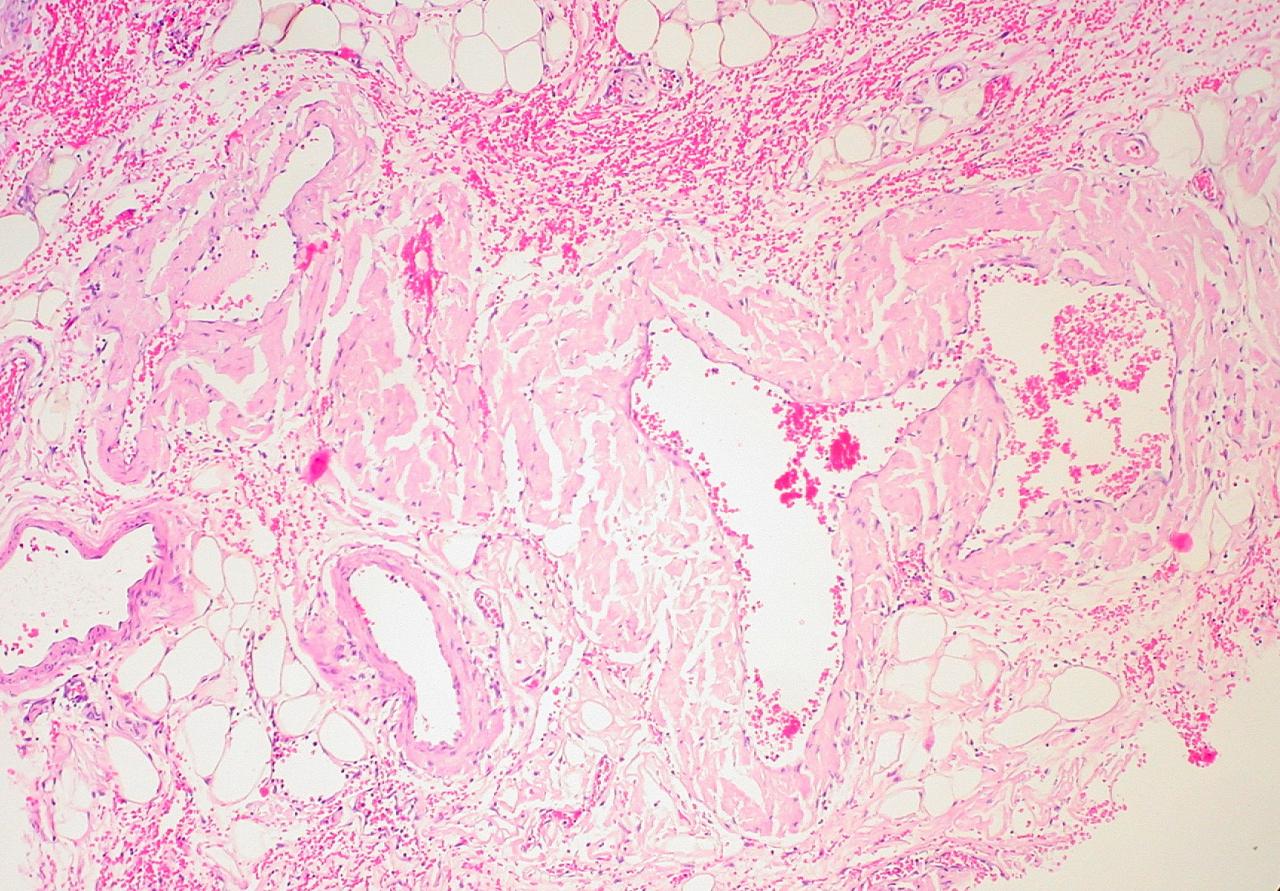This was the first comprehensive study with a large number of volunteer community members. The study included individuals with mild cognitive impairment but those with moderate to severe dementia were excluded.
Individuals who were on other types of memory drugs like Aricept were also excluded. All individuals underwent comprehensive neurophysiological testing and were randomized to receive either placebo (sugar pill) or G Biloba (120 mg twice a day). Re-evaluations were done every 6 months.
After 6 years, the results between placebo and Ginkgo were no different. Ginkgo did not prevent dementia nor did it enhance memory. While ginkgo was found to be safe, a few individuals did develop bleeding in the brain.
Final point
This study finally answered the question whether G Biloba prevents dementia. The conclusion is that even in individuals with the mildest dementia, it did nothing. There are some who argue that perhaps G Biloba should have been administered for a longer period of time. However, researchers point out that if a supplement has not worked for 6 years, it is unlikely to work at all. Further and most important Gingko supplements do not come cheap and the cost of pills does add up.
Considering that Gingko Biloba has finally been shown to be ineffective in treatment of dementia, it is time the consumer use his/her hard earned money for better use- like eating healthy and saving up for future home care services in case they are needed.
http://www.medscape.com/viewarticle/584660






Add a CommentComments
There are no comments yet. Be the first one and get the conversation started!